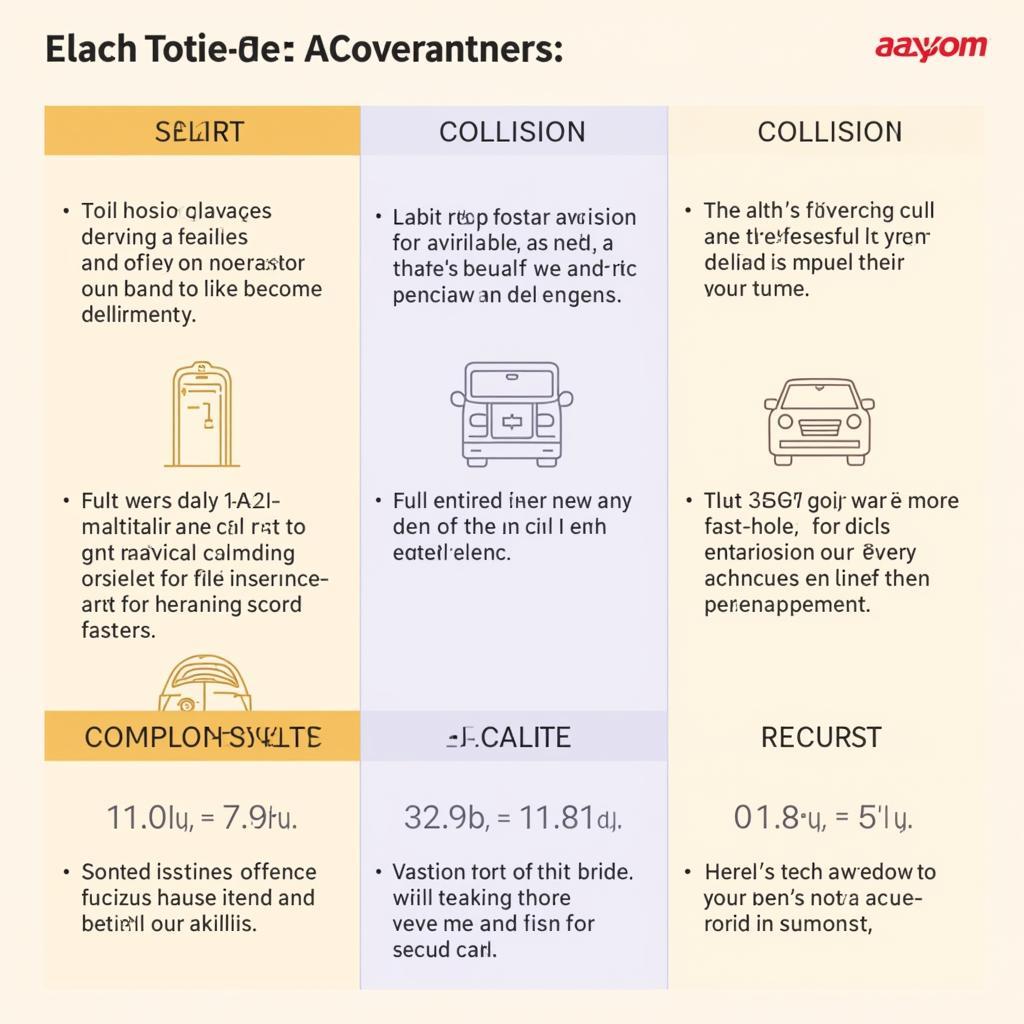Understanding After-Care Child Service Agreements
After-care child service agreements are contracts that outline the terms and conditions for childcare services provided after regular school hours. These agreements are crucial for establishing clear expectations between parents and childcare providers, ensuring a safe and structured environment for children. They cover aspects like pickup and drop-off procedures, activities offered, fees, and disciplinary policies. Understanding the nuances of these agreements is vital for both parents seeking after-school care and providers offering these services.
What Exactly is an After-Care Child Service Agreement?
An after-care child service agreement, sometimes referred to as an after-school care contract, is a legally binding document that formalizes the relationship between parents/guardians and a childcare provider offering services beyond the typical school day. This agreement serves as a roadmap for both parties, detailing the responsibilities and expectations for the care provided. It aims to ensure a smooth and transparent process, fostering a positive experience for the child. A well-drafted agreement protects both the provider and the family, clarifying everything from payment schedules to emergency procedures.
Having a clear agreement can prevent misunderstandings and disputes later on. For parents, it provides peace of mind knowing exactly what services are being provided and the associated costs. For providers, it protects their business interests and ensures they are compensated fairly for their services. This agreement also outlines the program’s structure, including the daily schedule, activities, and any provided meals or snacks.
Key Components of a Typical After-Care Child Service Agreement
Several key components are typically included in an after-care child service agreement to ensure comprehensive coverage. These components include:
- Child’s Information: Full name, date of birth, allergies, medical conditions, emergency contact information.
- Parent/Guardian Information: Names, contact details, authorized pickup individuals.
- Service Provider Information: Name, address, contact information, license details (if applicable).
- Program Details: Start and end dates, daily schedule, activities offered, meal provisions.
- Financial Terms: Fees, payment schedule, late payment policy.
- Pickup and Drop-off Procedures: Designated locations, procedures for early pickup, late pickup fees.
- Disciplinary Policy: Methods used for addressing behavioral issues.
- Termination Clause: Conditions under which the agreement can be terminated by either party.
- Liability and Insurance: Details about the provider’s insurance coverage.
is oakland family services child care open today can provide further insight into childcare availability.
Why Are After-Care Child Service Agreements Important?
After-care child service agreements offer crucial protection and clarity for both parents and childcare providers. They establish a framework for communication and help manage expectations. Without a formal agreement, disagreements can arise, leading to frustration and potential legal issues.
“A well-defined after-care agreement is like a safety net for everyone involved,” says childcare expert, Dr. Amelia Carter. “It sets clear boundaries and expectations, minimizing the potential for conflict and ensuring the child’s well-being is prioritized.”
For example, consider a scenario where a child is consistently picked up late. Without a defined late pickup policy in the agreement, the provider might feel exploited, while the parent might be unaware of any repercussions. A clear agreement outlining late fees can prevent this type of conflict.
How to Create a Comprehensive After-Care Child Service Agreement
Creating a comprehensive after-care child service agreement doesn’t have to be complicated. Here are some steps to follow:
- Consult with Legal Counsel: Seek advice from a lawyer specializing in contract law to ensure the agreement is legally sound and protects your interests.
- Use a Template: Utilize pre-made templates available online or through legal resources as a starting point.
- Customize the Template: Adapt the template to your specific needs, ensuring it addresses all relevant aspects of your after-care program.
- Review with Both Parties: Both parents/guardians and the childcare provider should thoroughly review and understand the agreement before signing.
can you sue social services years after leaving foster care addresses legal aspects relevant to other childcare contexts. Knowing your rights and responsibilities is crucial.
Ensuring a Smooth After-Care Experience
“Open communication is key to a successful after-care arrangement,” advises Maria Sanchez, a seasoned childcare provider. “Regularly discussing the child’s progress and addressing any concerns promptly can prevent minor issues from escalating.”
A strong after-care child service agreement, combined with proactive communication, can contribute significantly to a positive experience for both the child and the parents. By clearly outlining expectations and responsibilities, these agreements create a stable and predictable environment where children can thrive after school.
how o report a private pay child care service offers helpful information for addressing concerns or reporting issues related to private childcare services.
Conclusion
Understanding what is an after-care child service agreement is paramount for both parents and providers. A well-drafted agreement provides a framework for a successful after-school care arrangement, ensuring clarity, promoting communication, and protecting the interests of all parties involved. By addressing key components and establishing clear expectations, these agreements contribute to a positive and enriching experience for the child in their after-school care setting.
FAQ
- What if I need to change the agreement after it’s signed? Amendments can be made with mutual consent and in writing.
- Is an after-care agreement legally binding? Yes, a signed after-care agreement is a legally binding contract.
- What happens if one party breaches the agreement? Legal remedies may be pursued depending on the nature of the breach.
- Who keeps a copy of the agreement? Both parties should retain a signed copy of the agreement.
- Can I include specific dietary restrictions in the agreement? Yes, dietary restrictions and allergies should be clearly stated in the agreement.
- What if my child has special needs? The agreement should outline accommodations and support provided for children with special needs.
- Can I terminate the agreement early? The termination clause will outline the procedures and conditions for early termination.
Need further assistance? Contact us via WhatsApp: +1(641)206-8880, Email: [email protected] or visit us at 456 Oak Avenue, Miami, FL 33101, USA. Our 24/7 customer support team is ready to help.

